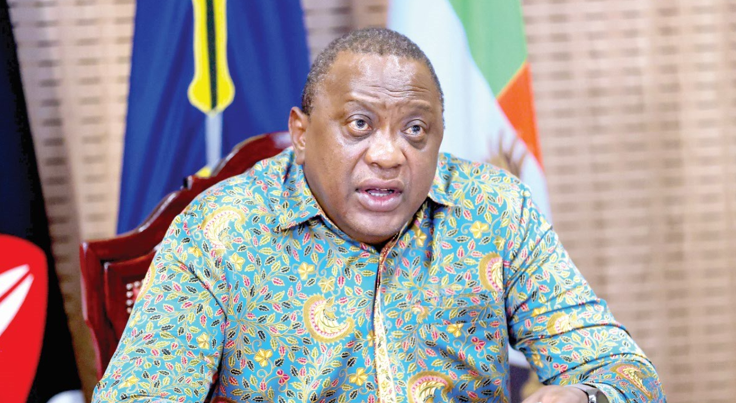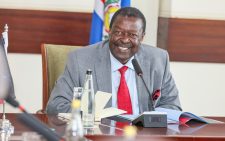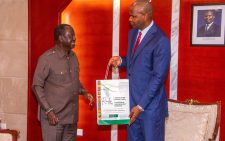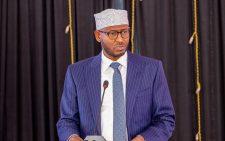Kenya’s interest in DRC goes beyond peacekeeping

Kenya defended its most recent deployment of troops to the Democratic Republic of Congo (DRC) saying the move was aimed at protecting her “strategic interests” which is code for expanding trade between the two States. There is also the issue of safeguarding investments worth millions of dollars by Kenyan companies operating in DRC.
This is not the first time Kenya is sending boots to DRC. Since 1999, Kenya has been part of the UN peacekeeping missions in the troubled Central African nation. This time, Kenya has deployed an active military contingent as part of the East African Community regional force to stabilise the eastern part of the country.
However, Kenya has been cautious to frame its military involvement as being about securing her interests, perhaps alive to the risk of getting sucked into the vortex of competing local and foreign interests that have been feeding off the vast mineral and natural wealth of DRC for decades.
Nairobi appears keen on charting a different path focused on trade and investment as opposed to extraction of resources, which would put it in direct competition with local and foreign interests involved in the legal and illegal exploitation of gold, diamonds, timber and other natural resources, in the process getting mired in the seemingly interminable conflict in DRC.
Pursuing a stronger bilateral trade relationship gives Kenya significant economic leverage over Kinshasa without being perceived as a “foreign exploiter” not to mention reduced risk of full military engagement that would be costly in the long run.
And to buttress this trade-not-resources policy, some large Kenyan businesses in the financial and telecommunication sectors have recently invested millions of dollars in the country. In addition, Kenya’s exports to DRC – mainly animal and vegetable fats and oils, pharmaceutical products, tobacco, iron and steel, leather and footwear, vegetables, fruits, nuts, plastics and paper – topped Sh14.3 billion in 2020.
DRC becoming a member of the EAC trading bloc this year opened more opportunities to accelerate Kenya’s economic interests in this large but untapped market of over 95 million people. In fact, soon after it was admitted into EAC, Kenya immediately moved to seal a number of bilateral trade pacts and has been sending business missions to the country to explore commercial and investment opportunities.
In April, 26 Kenyan companies committed to invest US$ 1.6 billion (Sh195 billion) in various projects and sectors in the largest country in sub-Saharan Africa.
With such a significant national economic interest, Kenya cannot afford to play a passive role restricted to peacekeeping, but must actively ensure its citizens and businesses in the volatile nation are well-secured.
This calls for a more robust approach to our security priorities in the region with a view to protecting and advancing our economic interests. This requires sustained investment in the economic security pillar as part of Kenya’s broader national security framework.
Stabilising and securing DRC is only the first step. But what next after this? How will lasting peace be achieved? Good thing the country is now formally part of the EAC thus opening avenues for beneficial engagements with her neighbours centered around trade away from the predatory arrangements that have fuelled conflict in the past.
The ongoing peace process, should therefore prioritise the transformation of DRC from a violent crucible of selfish interests preying on its immense wealth while millions of her people languish in poverty, disease and hunger, to a prosperous and peaceful nation, engaged in trade with other countries in the region and beyond.
Kenya can lead from the front by demonstrating that military interventions in countries facing instability must go hand-in-glove with economic interventions around trade and investment in order to secure lasting peace. Importantly, we are learning as a nation how to secure our economic interests abroad, something world powers like US, Russia, China and others are quite adept at, sometimes flexing some military muscle along the way, citing national security goals.
—The writer is a legal and policy analyst [email protected]












